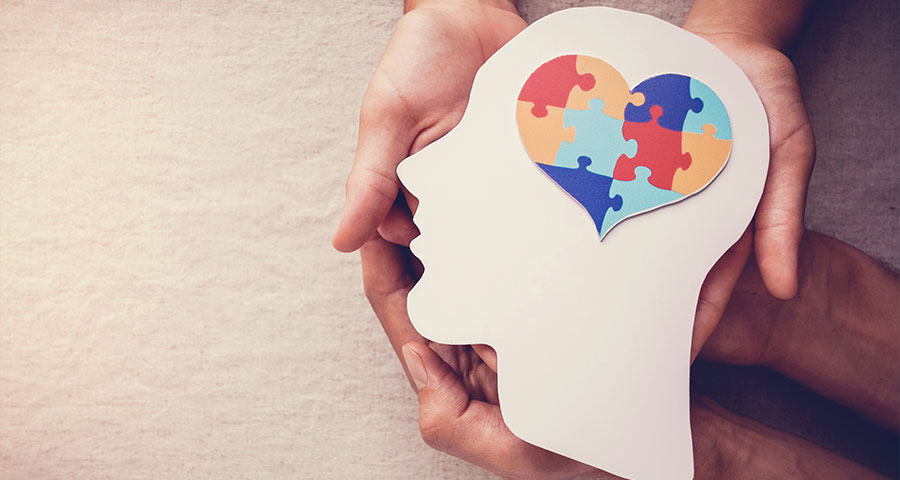Western acknowledges World Mental Health Day 2021

Created by the World Federation for Mental Health and recognized by the World Health Organization, October 10 is World Mental Health Day. The goals of World Mental health Day are raising awareness of mental health issues and supporting mental health. It is an opportunity for people working in mental health to talk about their work and how mental health care can become a worldwide reality.
2021 World Mental Health Day theme
The 2021 World Mental Health Day theme is “Mental Health in an Unequal World”. The theme highlights the global problem of unequal access to mental health services. According to World Federation for Mental Health, “access to mental health services remains unequal, with between 75% to 95% of people with mental disorders in low- and middle-income countries unable to access mental health services at all, and access in high income countries is not much better.” Mental Health in an Unequal World will focus on how mental health inequality is perpetuated globally and locally.
Mental health inequality in Canada
Canada is no exception. According to the World Federation for Mental Health, “Lack of investment in mental health disproportionate to the overall health budget contributes to the mental health treatment gap.” On August 4, the Canadian Mental Health Association tweeted “Our current healthcare system is not meeting the needs of people in Canada. Everyone deserves access to a continuum of publicly funded #MentalHealth and #Addictions services." Also, “85% of Canadians think mental health services are among the most underfunded services in our health-care system.
Many people who need treatment for a mental illness do not receive it and experience discrimination and stigma. This affects not only their mental and physical health but also their education and job opportunities, current and future earnings, and families. It can take up to 15 years before effective psychological, medical, and social treatments are available to patients.
People with a physical illness often experience mental health issues. For example, according to the World Federation for Mental Health, of the approximately 2.2 billion people with visual impairment, most also experience depression and/or anxiety, which is worsened when also experiencing adverse economic and social circumstances.
A “dual pandemic” for Indigenous Canadians
Inequality of access to mental health services has been highlighted by the COVID-19 pandemic and the struggle of Indigenous Canadians to access mental health services is aptly summed up by this Global News headline: “COVID-19, lack of mental health support creating ‘dual pandemic’ for Indigenous Canadians.” Many Indigenous communities were already in crisis because of mental health, suicide, and addiction and this has been exacerbated by the lack of access to mental health services during the pandemic. Chief Executive Officer of the First Peoples Wellness Centre in north-eastern Ontario, Brenda Restoule, claims that mental health services and supports in Indigenous communities are “consistently underfunded compared to the rest of Canadians, resulting in a patchwork of supports and services that vary across the country. Investments in connectivity, infrastructure, technology, sustained access to virtual care, and human resources must happen more immediately. Otherwise, the gap in health inequity for Indigenous People will continue to grow.”
There are many ways to get involved on World Mental Health Day this year by donating, raising awareness, creating a fundraiser, or volunteering and you can find out more here: https://wfmh.global/be-a-local-champion/
https://www.camh.ca/en/get-involved



